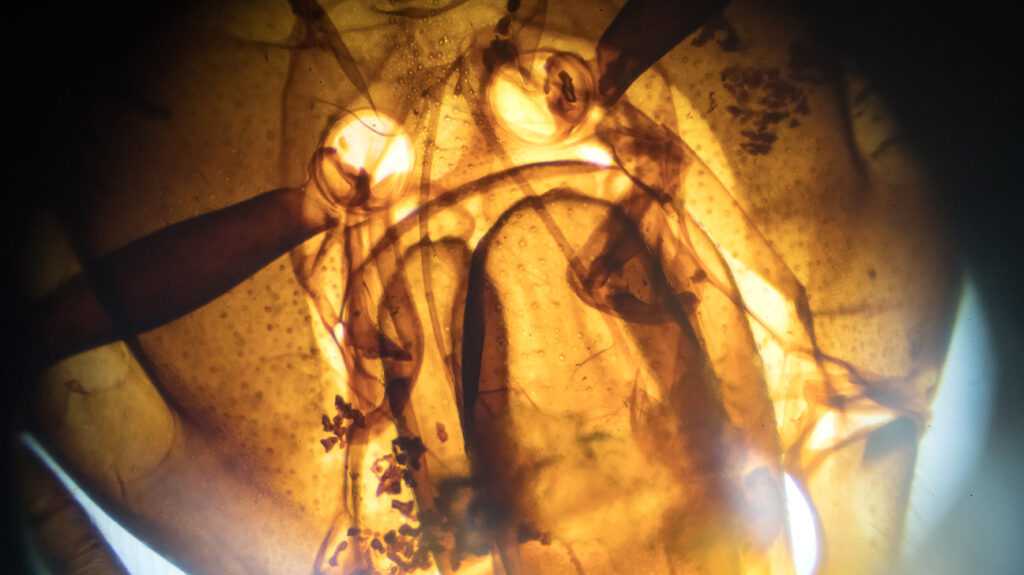Honeybee venom kills aggressive breast cancer cells
08 September, 2020

In laboratory studies, the active element of honeybee venom rapidly killed two types of breast cancer cells that are particularly difficult to take care of. Crucially, the toxin left healthy cells unharmed.
For a large number of years, humans have used honey, propolis, and venom from the European honeybee Apis mellifera as medicines.
Recently, scientists have uncovered that honeybee venom and its own active component, melittin, are toxic to an array of tumors - including melanoma, lung, ovarian, and pancreatic cancers - in laboratory tests.
Melittin may be the molecule that creates the painful sensation of a bee’s sting. Scientists usually do not grasp how it kills cancer cells, however.
For the first time, researchers have investigated the result of melittin and honeybee venom on a variety of breast cancers, including two of the very most aggressive and hard-to-treat types.
Breast cancer is the most frequent cancer in women. The two aggressive types, referred to as triple-negative breast cancer and HER2-enriched breast cancer, are linked to the poorest outcomes. They tend to develop resistance to existing treatments.
Scientists at the Harry Perkins Institute of Medical Research in Perth, Australia, and the University of Western Australia, also in Perth, discovered that melittin and honeybee venom rapidly kill these cancer types, with negligible effects on normal cells.
“The venom was extremely potent,” says Dr. Ciara Duffy, who led the study. “We discovered that melittin can completely destroy cancer cell membranes within 60 minutes.”
The analysis also showed that venom from bumblebees, which contains no melittin, didn't kill the cancer cells - even at high concentrations.
The scientists report their work in the journal npj Precision Oncology.
Blocking messages
Melittin can kill cells in under one hour by punching holes within their outer membrane. However, within 20 minutes of administration, it also disrupts the passing of chemical messages that the cells need to grow and divide.
“We viewed how honeybee venom and melittin affect the cancer signaling pathways, the chemical messages that are fundamental for cancer cell growth and reproduction, and we found that very quickly these signaling pathways were shut down,” says Dr. Duffy.
The scientists discovered that melittin does this by protecting against the activation of receptors for growth factors in the cells’ membrane. Among the reasons that HER2-enriched cancer cells plus some triple-negative breast cancers grow uncontrollably is they have many these receptors.
By stopping these growth signals from getting through, melittin halts the cells’ proliferation.
Prof. Peter Klinken, who was simply not involved in the research, is the chief scientist of Western Australia. He welcomes the findings, saying, “That is a remarkably exciting observation that melittin, a significant element of honeybee venom, can suppress the growth of deadly breast cancer cells, particularly triple-negative breast cancer.”
He adds:
“Significantly, this study demonstrates how melittin interferes with signaling pathways within breast cancer cells to lessen cell replication. It offers another wonderful exemplory case of where compounds in nature can be utilised to take care of human diseases.”
Source: www.medicalnewstoday.com
